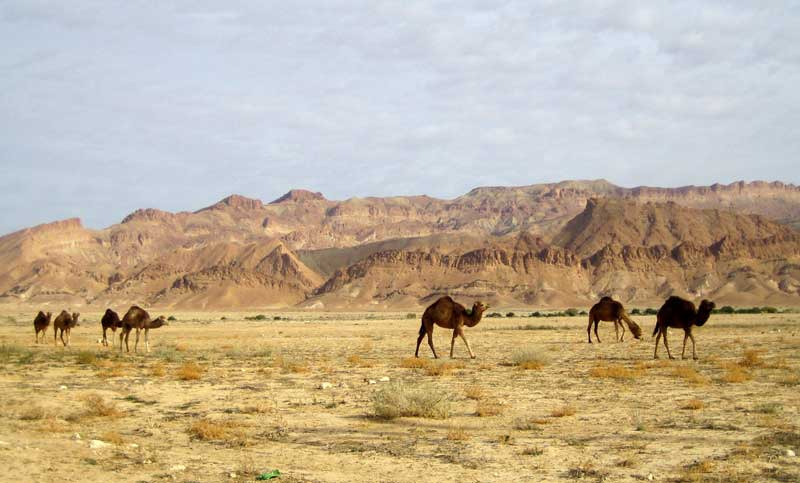Rapidly growing filming sector in the Middle East not only offers unique perspectives that challenge conventional narratives but also provides a multitude of economic benefits for local communities and international filmmakers alike.
As you explore this fascinating realm, you’ll witness how collaborations between emerging markets and stalwart film industries are changing the cinematic landscape. You’ll see firsthand how these partnerships are spurring tourism, boosting local economies and fostering cultural exchange – ultimately contributing to a more interconnected world where freedom of expression takes center stage.
Cultural Diversity in Cinema
There’s no denying that cultural diversity in cinema has led to some truly captivating and eye-opening films for audiences to enjoy. As Mr. Samer Muasher, former executive commissioner and co-founder of the Royal Film Commission of Jordan, claims: the Middle East boasts a rich and diverse cultural heritage, with storytelling traditions that date back centuries.Representation matters, as it provides an opportunity for people from different backgrounds and experiences to see themselves on screen and feel seen by the world. Global storytelling is an essential aspect of this cultural shift in the film industry, allowing stories from diverse perspectives to be shared with a wider audience.
From Middle Eastern filmmakers tackling political issues to African directors shining a light on social struggles, these unique narratives provide insight into cultures and societies that are often overlooked or misrepresented in mainstream media. This type of storytelling not only fosters greater empathy amongst viewers but also enables underrepresented voices to make their mark within the industry.
Economic Benefits for Developing Countries
Cinematic productions in emerging nations can skyrocket their economies to staggering heights, opening up a treasure trove of job opportunities and boosting tourism like never before. With the right approach, the filming industry can be a catalyst for job creation and infrastructure development, bringing much-needed investments into these regions. As local talents work hand-in-hand with international crews, there’s an exchange of knowledge and skills that ultimately empowers the local workforce.
1. Job Creation: The production of movies generates numerous employment opportunities, from pre-production roles such as scriptwriters and set designers to post-production roles like editors and sound technicians.
2. Infrastructure Development: Film projects often require the construction or improvement of facilities such as studios, roads, power supply systems, and accommodations – all contributing to the overall development of the community.
3. Tourism Boost: Showcasing picturesque landscapes or cultural highlights through cinema attracts travelers eager to experience these destinations firsthand, resulting in increased tourism revenue.
4. International Collaboration: Working with international filmmakers brings new perspectives and expertise that can elevate local talents while fostering global connections within the industry.
By investing time and resources into nurturing homegrown talents alongside embracing collaborations with established players on the global stage, developing countries have a unique opportunity to create cinematic masterpieces that reflect their rich cultural heritage while simultaneously reaping substantial economic rewards.

Collaboration with International Filmmakers
By fostering global partnerships, you’ll not only contribute to diverse storytelling but also promote cultural exchange and understanding. Working with filmmakers from different backgrounds will enable you to learn new techniques, explore innovative ideas, and challenge your own creative boundaries.
As a filmmaker in the developing world, collaborating with international counterparts can open doors for co-productions and distribution deals that may have been previously inaccessible. This can lead to increased visibility for your work on the global stage and potentially attract funding from international investors who recognize the value of supporting emerging talent. Additionally, these collaborations can provide valuable networking opportunities within the industry, connecting you with established professionals who can offer guidance and mentorship as you navigate your career.
Impact on Tourism and Local Communities
Sustainable filmmaking practices can contribute to the preservation of natural resources and cultural heritage in developing regions, such as the Middle East. Moreover, accurate community representation in films helps to showcase the unique characteristics of a location while fostering positive relationships between filmmakers and locals.
When your film showcases a region’s breathtaking landscapes or rich cultural history, it can inspire viewers to visit these locations themselves. This increase in tourism aids in boosting the local economy, creating job opportunities, and promoting growth within these communities. As a filmmaker, you have the power to influence how people perceive different areas around the world. By portraying these places authentically and respectfully on screen, you can help break down stereotypes while promoting understanding and appreciation for diverse cultures.
The ripple effect of filming industry expansion into developing regions goes beyond mere financial benefits; it fosters cross-cultural exchanges that lead to increased collaboration among creatives from different backgrounds. This fusion of ideas creates fresh perspectives in storytelling that resonate with global audiences while enriching our collective human experience.
The Future of Film in Emerging Markets
So you think Hollywood’s got it all? Think again, and get ready for a thrilling ride into the future of film in emerging markets! As the world becomes more connected, it’s no surprise that we’re witnessing a surge of fresh voices and perspectives in cinema. These emerging talents from countries such as Nigeria, India, and Jordan are redefining what it means to tell compelling stories on screen. With innovative storytelling techniques and culturally rich narratives that resonate with global audiences, these filmmakers are breaking down barriers and reshaping the industry landscape.
As technology continues to advance at breakneck speed, new platforms for content creation and distribution are empowering filmmakers in these markets like never before. The rise of streaming services has not only provided an avenue for greater exposure but also leveled the playing field for independent artists competing with big-budget studio productions. This shift is allowing creators from underrepresented regions to share their unique stories with a broader audience while retaining creative autonomy.
The potential for growth in emerging film markets is immense. Countries like China have already seen significant advancements in their domestic film industries – both commercially and artistically – positioning them as serious contenders on the global stage. As more resources become available to nurture local talent, foster collaboration across borders, and promote cultural exchange through film festivals or educational programs, there’s no telling just how far this creative revolution will reach.
So, what’s stopping you from exploring the diverse and rich cinema of the developing world? By supporting emerging filmmakers and recognizing their potential, you’ll not only expand your cinematic horizons but also contribute to global artistic growth. After all, isn’t it time we celebrated our shared humanity through film?

